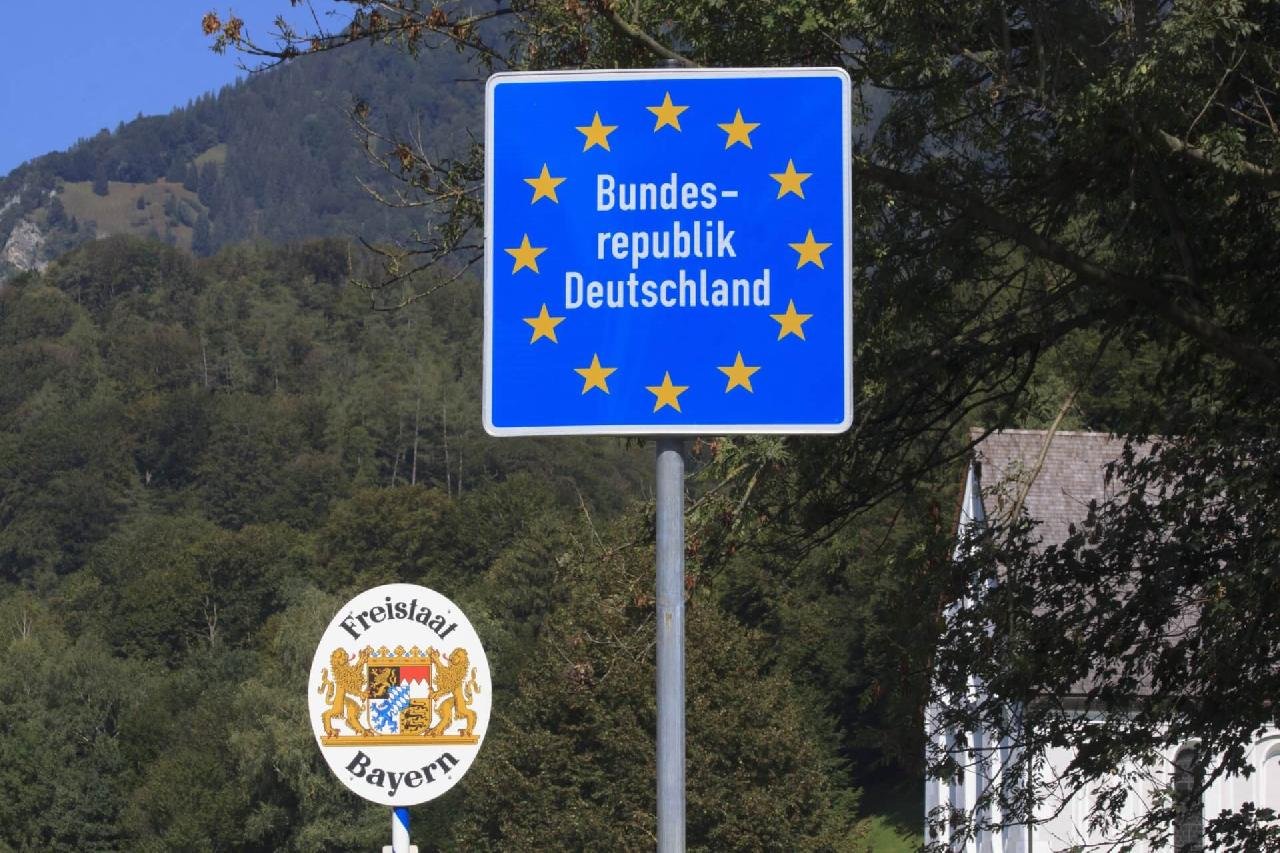

Germany Extends Travel Warning to Third-Countries Until August 31 – NOT Entry Ban
Germany has NOT extended the EU-wide entry ban until August 31, as reported by the media today, but instead, it has extended a travel warning for Germans wishing to travel abroad, the two of which should not be confused.
The Ministry of Foreign Affairs has reacted today, noting that Germany is actually campaigning for the EU-wide travel ban only until July 1, and not August 31 as reported.
“A cancellation or extension of the EU-wide restrictions on unnecessary entry from third countries has not yet been decided. Germany is campaigning for a general extension until July 1, 2020,” the Ministry has noted.
Instead, the Federal Government of Germany has decided today, Wednesday, June 10, to extend a travel warning for its citizens wishing to travel to third-countries, until August 31, asserting that there are risks of a second wave of infections caused from outside, due to the current situation outside the EU.
The Foreign Affairs Ministry announced the decision, noting that this move has been taken mostly due to fears of a second wave of infections, and German travellers being stuck abroad again due to restrictions that many countries sometimes make without prior notice and with immediate effect.
“The spread of COVID-19 continues to lead to drastic restrictions in international air and travel traffic, entry restrictions, quarantine measures and impairments in public life such as in many countries, e.g. curfews,” the Ministry pointed out in a press release.
It also emphasized the fact that during the outbreak of the pandemic, many German travellers were stuck in foreign countries, and prevented from travelling on or back.
As a result, the government has decided to extend a travel warning abroad until August 31. Exempt are only the countries of the European Union, the Schengen-associated countries (Switzerland, Norway, Liechtenstein, Iceland) and the United Kingdom.
The government previously lifted a travel warning for non-essential trips to 31 European countries, including the UK, replacing it with individual travel advice per every single country, on June 3.
If the situation improves and the government decides to cancel the travel warning earlier or to replace it with individual warnings, the decision will be announced as soon as it is taken.
According to the Foreign Minister Heiko Maas, the Ministry will keep checking the travel warning again and again before September, and where the overall package of positive pandemic development, a stable health system, coherent security measures for tourism and reliable outbound and return travel options permit, the travel warning may then turn into travel advice.
“We cannot and will not risk that Germans will get stranded again all over the world in summer or that holiday returnees will carry the virus to Germany undetected,” the Minister said explaining the decision.
At the same time, the German Ministry of Interior Affairs has decided today to remove border controls with most of the Schengen Area member states on June 15, also abolishing the requirement of quarantine.
The temporary internal border controls in air traffic when arriving from Spain will end a bit later, on June 21, 2020.
Due to migration and security policy, the temporary internal border controls at the German-Austrian land border will remain effective until November 12, 2020, on the basis of Articles 25 to 27 of the Schengen Borders Code.


















